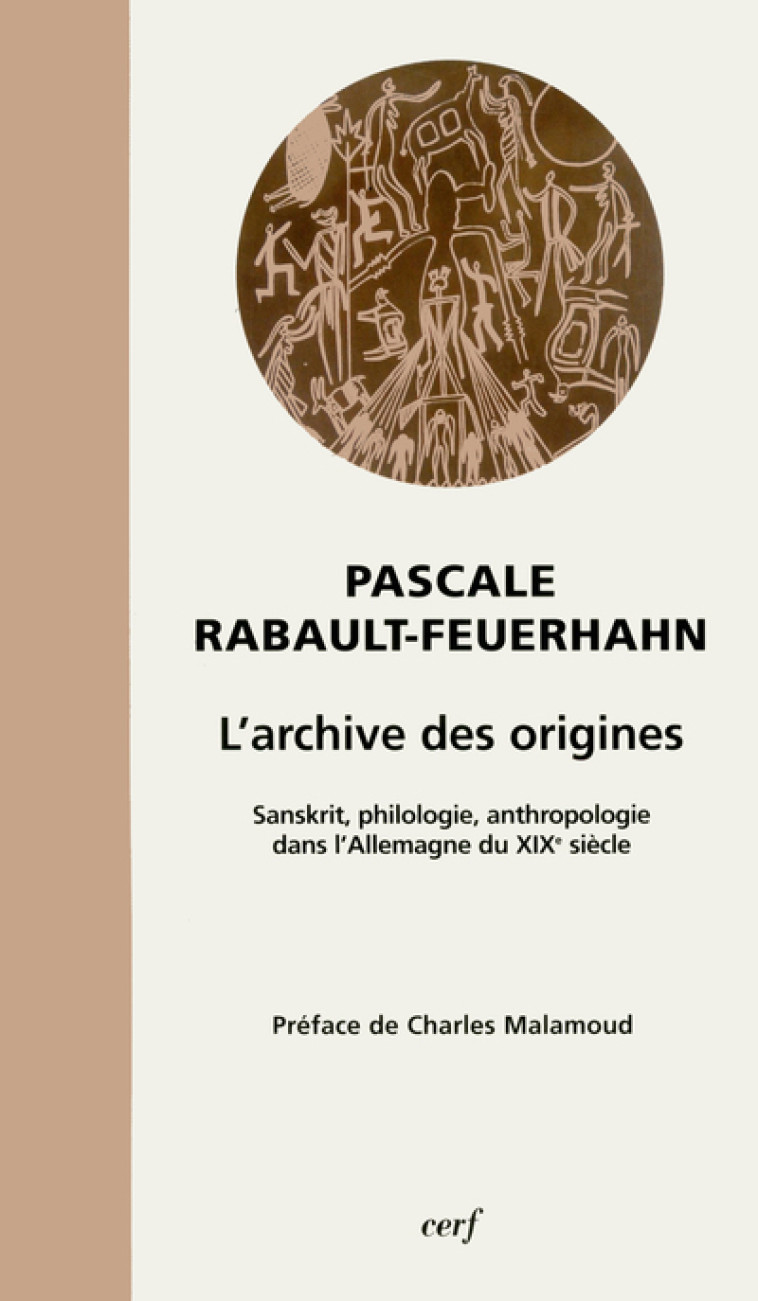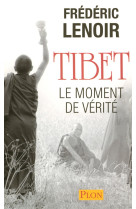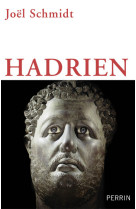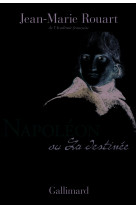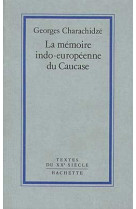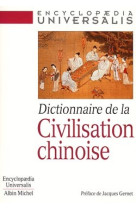--
1784: the British posted in Bengal founded the Asiatic Society of Calcutta and took lessons from Indian pundits on the Sanskrit language and texts. 1804: Friedrich Schlegel began studying the Sanskrit manuscripts of the Bibliothèque nationale, in Paris. In the space of twenty years, a double shift had taken place: one no longer had to go to India to learn Sanskrit and German philologists had taken over from the British. German universities have faculties of Indianism German masters of Sanskrit teach in Great Britain and India. ‘L'Archive des origines' retraces that history and explores the crucial role played by Indo-European comparative studies. As early as the Romantic period, knowledge of Sanskrit helped discover the existence of an Indo-European linguistic family. In Germany, where philology focuses on the reconstitution of the ways of thinking and functioning of ancient societies, this linguistic relation invites reflection on the rapport between languages and peoples. Students of Sanskrit who undertake to explore the Vedas, sacred texts of Ancient India, feel they are studying the archive of our common origins. As the pages turn, we discover the ambitions of a philology which willingly extends to historical and cultural anthropology.

